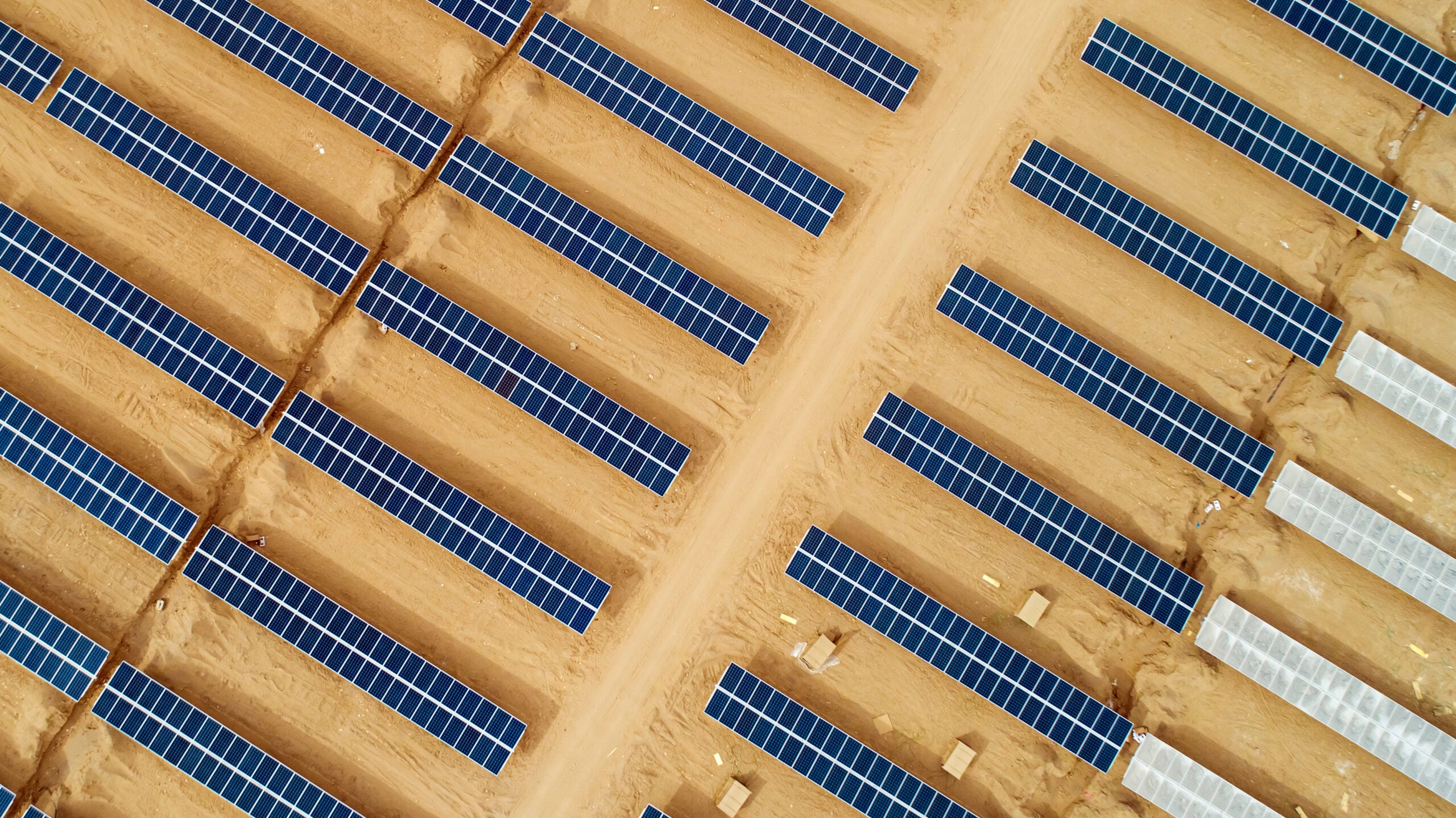The Covid-19 pandemic has caused major supply chain disruptions in the US, leading to halts in renewables development. As the developers faced difficulty in meeting the deadline to start operations of the renewable projects, the Internal Revenue Service (IRS) extended the deadline for these projects by one year. This gives them one additional year for their projects to qualify for the investment tax credit (ITC) and the renewable electricity Production Tax Credit (PTC). One additional year safe harbour for 2016 and 2017 projects protects the developers from the immediate impact of the Covid-19 disruptions without costing the federal government any additional money, says GlobalData, a leading data and analytics company.
To claim the full 30% ITC for solar projects or the full 2.5 cents/kWh PTC for wind projects, developers had to satisfy the IRS’ continuity safe harbour (where a project is required to be operational within four years of the initiation of construction). However, the extension now gives the project one more year until the end of 2021 and 2022 for projects having started construction in 2016 and 2017 respectively to begin generating power.
How well do you really know your competitors?
Access the most comprehensive Company Profiles on the market, powered by GlobalData. Save hours of research. Gain competitive edge.

Thank you!
Your download email will arrive shortly
Not ready to buy yet? Download a free sample
We are confident about the unique quality of our Company Profiles. However, we want you to make the most beneficial decision for your business, so we offer a free sample that you can download by submitting the below form
By GlobalDataThe extension is expected to provide certainty for taxpayers in the US, developing renewables projects, which are struggling with construction delays but otherwise, satisfy the beginning-construction requirements for PTC or ITC qualification.
The IRS also provided a new 3.5-months rule to safeguard the interests of developers who had paid for the equipment at the end of 2019. They were expecting delivery within 3.5 months but experienced supply chain disruptions. These projects might run the risk of failing to start construction this year. The new safe harbour 3.5-months rule is expected to provide certainty that the IRS will consider these projects for 2019 ITC and PTC qualification, as long as the developer had paid for the equipment or services after 15 September 2019 and receives such equipment or services on or before 15 October 2020.
In addition to solar PV and wind developers, the extension is likely to provide relief to developers of geothermal, biomass, landfill gas, waste-to-energy, incremental hydroelectric and hydrokinetic projects that started the construction in 2016 or 2017.
Further, the new 3.5-months rule is likely to provide clarity to the developers on the construction start year of their projects. The extension of these benefits is considered a welcome step by the renewable sector and its workers, struggling hard in the wake of Covid-19 pandemic, facing delays, disruptions and job insecurity.







Related Company Profiles
I.R.S.
PTC Inc